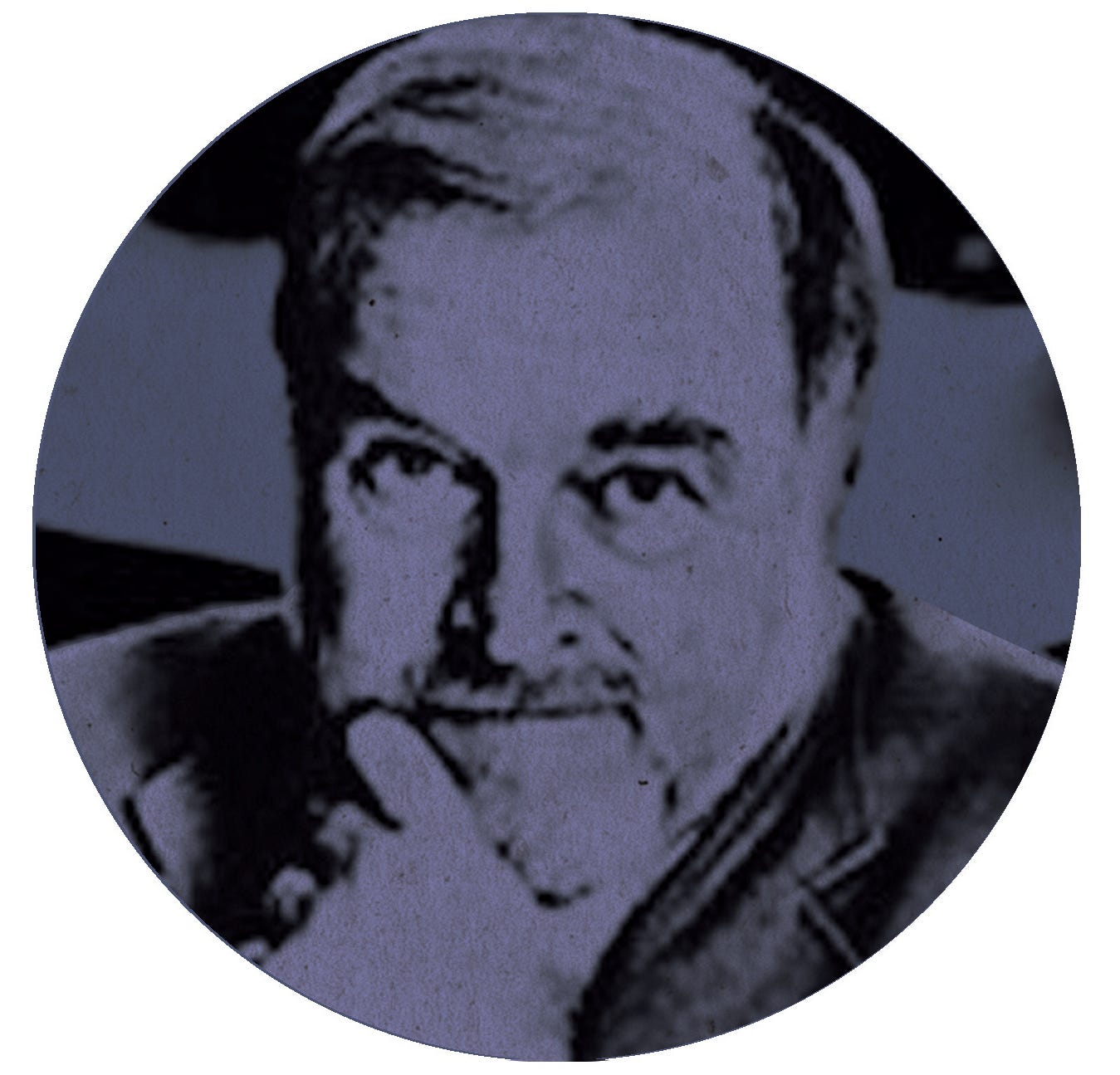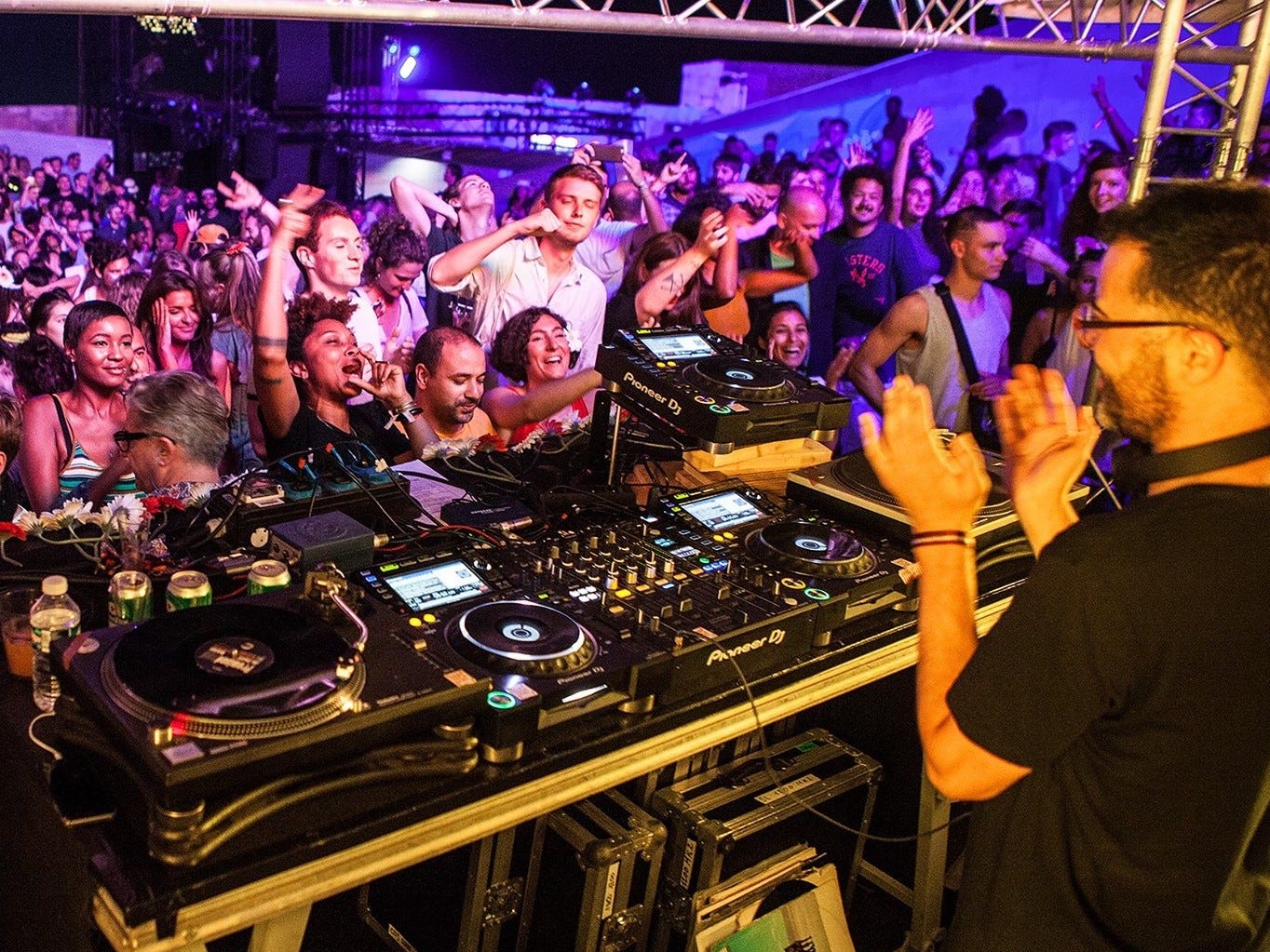Music, States of Consciousness and Flow
Flow states, DJing and performance, musical sweet spots, how music tastes develop, Synchrony, the power of attentive listening, meditation, psychedelics, music psychology and Mihaly Csikszentmihalyi
I first read Mihaly Csikszentmihalyi’s writings on ‘Flow’ during my psychology undergraduate degree around the year 2003. They immediately struck a chord with me, and explained a phenomena that I had fleetingly experienced and had been trying to comprehend.
I was fascinated by the perception of time, and specifically the phenomenological experience of time when attending to specific tasks: in my case when listening to music or DJ-ing to different audiences. I was struck by how my personal experience of time when listening to music often warps: it could feel as if time had sped up, for example while being ‘lost in a moment’ on a dance floor, but paradoxically could also feel like it had slowed down to standstill in certain moments, which seemed to be frozen in time.
Reading Csikszentmihalyi’s theory of flow allows some insight into what is happening within consciousness when one experiences this. He refers to it as a ‘loss of reflective self-consciousness’, a form of internal silencing of the mind, which feels expansive and almost ‘eternal’. The normal way our brains keep time and processes everyday things takes place in our brain’s Default Mode Network (DMN) - the network in the brain that deals with everyday functioning. The DMN is central to the creation of the ego and sense of self.
In a state of flow, the default mode network is diminished and thereby reduces the sense of self, self-referential thought and preoccupation. This is very similar to what one may experience with psychedelics - often referred to as ‘ego death’; and also in meditation/sound therapy where the term ‘oceanic boundlessness’ is used to reference the feeling that one may experience.
In these heightened states of consciousness, the default mode network is replaced by a state that is purely focussed on the present moment, synchronising all of our attentional networks on a specific task. To achieve this, Csikszentmihalyi’s theory explains that the individual needs to find balance between the novelty of the challenge and the ability to apply specific skills they have developed to meet that challenge. Another way to look at this is the balance between a level of anxiety to perform versus level of boredom which lead to the loss of focus.
The sweet spot is where there is a level of ‘good stress’, known as eustress, where one is equally challenged by the activity at hand, but through their own mastered skills are able to meet the challenge, thereby maximising their experience. As a result of being in this state, one loses track of time and experiences an emotional uplift, partly via the release of dopamine in the autonomic nervous system. This physiological response in turn helps enforce focussed attention and decrease impulsivity and distraction.
My happy place…
So, it isn’t just the perception of time that this flow state affects. It drills down deeply into the basis for human happiness, and when one experiences this break from normal consciousness they have the capacity to unlock a type of optimal experience - one of being able to effortlessly attend to the present moment by applying skill and focus.
Athlete’s refer to this state as ‘being in the zone’ - for example, when they score a goal they often can’t recall the specific actions their brain had to make to connect their foot with the ball, everything - ball, foot, body etc - naturally came together in synchrony.
This can also be thought of through the lens of meditation - flow is basically a mindful experience, with true meditative states only being able to be unlocked through the application of skills that one may have trained for years to master. And, within psychedelic states too - where a classic psychedelic drug can bring you to a state of flow within minutes without all the years of work!
For me, DJ-ing is my way of unlocking these flow states most readily. After 20 years of experience, I have learned the craft of using music to connect with global audiences via a type of non-verbal, synchronous conversation of controlled frequency. Every dancefloor is new challenge but through experience, I grew to be confident of reaching this point of synchrony at some point in a two hour set. Once unlocked, I would find my perception of time melting away and my motor actions beyond my conscious control - I would witness moving the pitch control so the record would play at the specific BPM without any conscious thought, and find myself playing three or four records in a row without consciously thinking of what I was doing. I would be entirely locked in to the experience and reach a natural dopamine-fuelled high as a result.
In some sets, this flow state appeared only appeared fleetingly, or not at all, but in others, when everything seemed to come together in harmony, I could exist in this state in this state for hours. As I’m sure it is to most touring DJs, it became an addiction - to reach this state was to unlock the peak of self-actualisation that Maslow placed at the top of his hierarchy of needs pyramid.
Can flow be achieved by merely listening?
As listening attentively is most definitely a skill to be mastered, I have to say that flow states can be achieved by merely listening. However, as music technology drives us more towards passive or ‘lean back’ listeners, my fear is this skill is being lost.
Health practitioners talk about the ‘set and setting’, and both are crucial to the facilitation of flow states. One has to have the right mind set to be ready to give full attention, and the setting needs to be able to deliver an adequate fidelity of sonic experience. One easy way to find this is to immerse oneself in sound via amplitude i.e. loud volumes in a club or music venue being so dominant that one cannot help but actively listen. In these cases, music becomes physical as much as audible - a full body experience that can immerse one in sound to the point where brain and body are completely entrained by the experience.
Of course, how one experiences music is subjective and so therefore the responsibility of the individual is to find the music that works for them in order to unlock their own state of flow. The key is to understand how we learn to appreciate music on a biological level and how that evolves over time.
Finding our own musical sweet spot
As infants, we appreciate the simplistic, repetitive and consonant nature of nursery rhymes but as we get older our musical tastes crave something more complex. For some, we usually find our ‘musical sweet spot’ in our formative teenage or early twenties, for others, music is a lifelong pursuit. The key thing is that we need to be challenged but not too much - I might like to think of myself as an advocate of free jazz but I have my limits where listening moves from being pleasurable to being needlessly complex. Music that I can predict too easily, in my case most popular music genres, become overly simplistic. And whilst pop producers are adept at using changes in key or intervals to produce an onset of dopamine, the more expert one becomes as a listener, the less effective these tricks are.
The ‘Wundt curve’ above sums this up. This inverted-U demonstrates the relationship between stimulus intensity and preference. When listening to music, there is an optimal point of arousal that we all will experience with our reward systems becoming more activated with exposure to a stimulus. However, after a period of time the opposite effect happens and our aversion system kicks in. We can think of this as a balance between complexity and familiarity with every musical experience having an optimal arousal point somewhere in between those two extremes.
To unlock a flow state as a listener, one has to listen to music that challenges them as much as it comforts - the sweet spot helps create the setting for optimal experience. Perhaps this is why there has been such a rise in playlist culture over the past few years - the general listener gets to be their own ‘DJ’ and in doing so can curate a selection of songs that help unlock a state of flow for them during every listen.
For Mihaly…
Flow has had such influence on me, it was one of the reasons I called myself ‘Auntie Flo’ when I DJ. Back in 2015, I made an album inspired by flow states called Theory Of Flo. It included a track that was entitled ‘For Mihaly’ - my tribute to the Csikszentmihalyi, and of course written whilst in a state of flow.







very insightful to me. hadn’t yet heard of these correlations. I’ll be thinking about this when i make my own playlists, the soundtracks to my life. thank you for writing!
Very interesting - thanks!